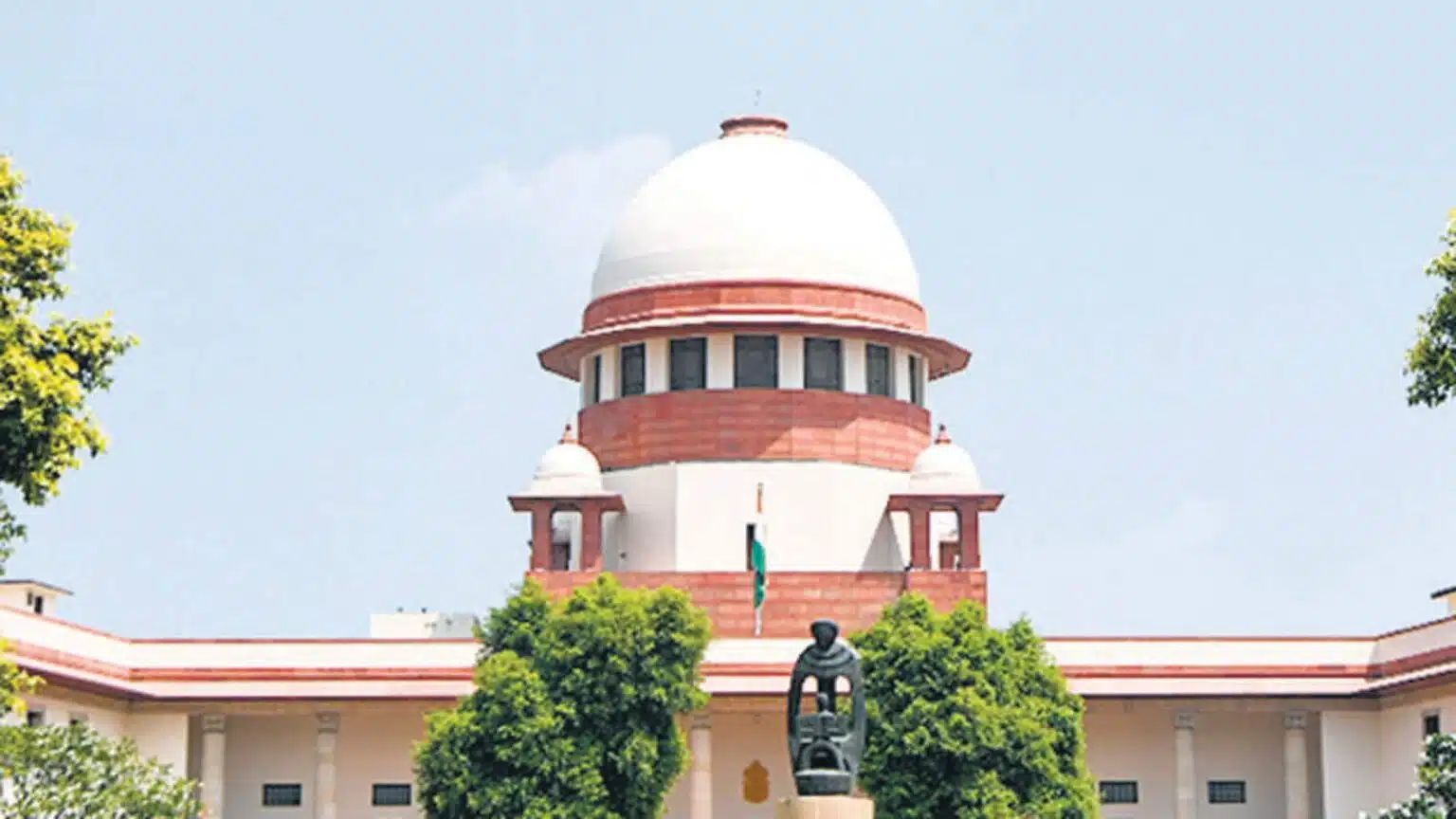The compassionate appointments scheme’s purpose would be defeated if the state authorities took too long to make and deliver decisions.
In a ruling last week, the Supreme Court expressed concern about West Bengal’s apparent uncertainty and delay in implementing compassionate appointment schemes.
[State of West Bengal vs Debabrata Tiwari and ors].

The Court of Justices Krishna Murari and BV Nagarathna stated that such an outcome might have negatively affected the families of many government workers who died in harness.
A strong word of reproach, in the form of a judgment, was delivered against the West Bengal government concerning how hundreds of dependents were treated when applying for compassionate appointments.
“A multitude of state-sponsored programs impede the ability of the competent authorities to make a positive judgment on compassionate appointment claims because they are unclear about their scope, extent, and beneficiaries.” the Court said.
The court also underscored the urgency of dealing with the compassionate appointment application, since a delay would frustrate the goal of the program.
“The very purpose of compassionate appointment schemes would be defeated if the state authorities took too long to make decisions. As part of its determination of compassionate appointment claims, government officials must act in an immediacy and proactive manner to ensure that the wholesome object of the scheme is fulfilled.”

Observations were made following applications for employment on compassionate grounds filed with the Burdwan, Ranaghat, and Habra municipalities.
The applicants were the legal heirs of municipal employees who died in the line of duty. Conflicts emerged over whether applicants were eligible for compassionate appointments and whether government programs supported their claims.
As per an order issued by a division bench of the Calcutta High Court in 2019, the applications must be considered by the municipal authorities. Thus, the division bench threw out a single-judge order that had agreed with the authorities that such a scheme did not apply to urban local government.
Supreme Court observed that the primary issue raised in the appeal was whether, under the State’s laws, compassionate appointments could be made for municipal employees who died in harness.
Given the object of such policies, the Court would need to decide whether it could grant such relief after several years.
In response, the Supreme Court determined that with time, the case was no longer fit for consideration or hearing.
“Compassionate appointments are not warranted based on the case’s urgency. This has to do with the actions of the Appellant-State as well as the Respondents-Writ Petitioners. Even though they did not successfully obtain an appointment to the municipal services on compassionate grounds, the Respondents-Writ Petitioners have managed to earn a living even though they were not successful in being appointed in 2005-2006, in the year 2024. Therefore, it would not be worthwhile to entertain a claim that was made in 2005-2006, in the year 2024,” The Honorable court said.
Additionally, the court ruled that West Bengal’s municipal bodies do not have a policy allowing compassionate appointments to family members of employees.
“The state’s policy demands appointments made out on compassionate grounds. The appointments must adhere to the policy requirements. Therefore, it is no brainer that no appointment could be made by compassion to a post within local authorities, no appointment policy,” the court concluded.
Therefore, the appeal was allowed. The decision of the single judge of the High Court was reinstated, and the decision of the division bench was reversed.
The state of West Bengal was represented by Senior Advocate Rakesh Dwivedi who was assisted by advocate Madhumita Bhattacharjee. The respondents were represented by Advocate Indradeep Pal.













